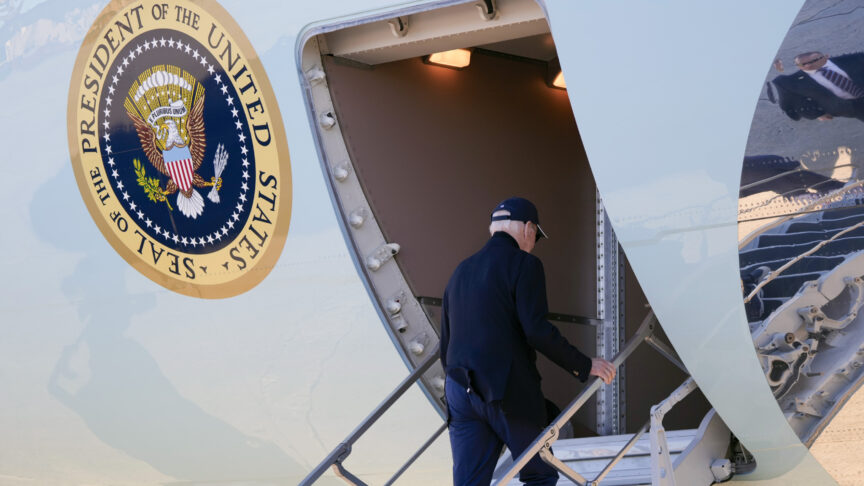Brexit as perpetual motion: Why Boris Johnson will never stop fighting the EU
It is in the British prime minister’s interests to carry on a ‘war with Brussels’, no matter how tired EU leaders already are of the issue.
On Sunday, news broke that UK prime minister, Boris Johnson, was planning to “override” part of his country’s withdrawal agreement with the European Union. The proposed changes concern the Northern Ireland protocol, which regulates trade between Great Britain and Northern Ireland. This latest move in the Brexit saga not only violates international law, as confirmed this week by one of Johnson’s own government ministers, but also threatens peace in Northern Ireland. Further consequences loom.
The prime minister owes his rise to power to Brexit. Had the United Kingdom’s exit from the EU proceeded as prescribed by Article 50 of the EU treaty, it would have left in March 2019. Instead, Johnson ousted Theresa May, stretched the British constitution until it nearly broke in a series of high-stakes parliamentary manoeuvres, and eventually won a large majority at December’s general election.
During that time, it took several extensions for London and Brussels to conclude a withdrawal agreement. Since 1 February 2020, the UK, technically, is no longer part of the EU, and this has impacted on many Britons’ lives significantly. But as negotiations for an EU-UK trade deal drag on, EU leaders are looking forward to a time when the whole process will be over.
Johnson’s move has eroded international partners’ trust in the UK’s intent to honour the agreements it enters into
They should cease doing so. From his time as a journalist in Brussels, Johnson has seen himself as leading an insurgency against Europe. For him, Brexit is much more than the administrative act of withdrawing from the union. In a way, it is an identity-constituting, existential struggle that cannot end, because without the “other” – Brussels – the “self” has no purpose.
This is why, after personally renegotiating the withdrawal agreement, putting it before the electorate in a general election, and pushing it through the House of Commons, Johnson now wants to change it unilaterally. If you were wondering, “yes, this does break international law,” according to Johnson’s secretary of state for Northern Ireland Brandon Lewis. (But that’s fine, it only does so “in a very specific and limited way”.)
ECFR research shows that, after four years of British infighting, UK policy is no longer of any priority for EU member states. Among 20 policy areas surveyed, it ranks 16th according to ECFR’s EU Coalition Explorer. For Ireland it ranks second, but for no other member state does UK policy even make it into the top five. The 23 Irish experts who consider UK policy a priority see Germany, France, and the Netherlands as their primary partners for dealing with Brexit. Berlin, Paris, and the Hague, of course, have supported the EU’s chief Brexit negotiator Michel Barnier at every turn.
While the EU member states’ bilateral relationships with the UK were not assessed as part of this year’s Coalition Explorer research, the two earlier editions from 2016 and 2018 revealed great and growing disappointment with the UK.
In this context, Johnson’s announcement to use Northern Ireland’s future political status and stability as a bargaining chip in economic negotiations received swift condemnation from European leaders. European Commission president Ursula von der Leyen reminded the British government of its obligations under international law, and called for the implementation of the agreement as the “prerequisite for any future partnership”. Leo Varadkar, Ireland’s deputy prime minister, expressed his surprise at the announcement: “Britain is an honest, honourable country full of honest people, it’s the country of the Magna Carta, the country that helped defend parliamentary democracy, it’s not a rogue state.”
The Irish are worried that the proposed changes to the Northern Ireland protocol, or a no-deal Brexit as threatened by Johnson, could result in a hard border between Northern Ireland and the Republic, severe economic disruptions, and violence. Michelle O’Neill, the deputy first minister of Northern Ireland, warned that it would “inflict irreversible harm on our economy and the Good Friday agreement.”
This latest ploy might be an attempt by Johnson to drive a hard bargain in the slow-moving negotiations with the EU. But even if it is a mere tactic to gain short-term leverage, it could have lasting consequences. The move has eroded international partners’ trust in the UK’s intent to honour the agreements it enters into, and so developing a productive EU-UK relationship has just become that much harder.
But then again, Johnson might not be interested in a productive relationship with the EU. After all, what would Don Quixote be without his windmills?
There is a glimmer of hope, however. Forthcoming results from an ECFR survey canvassing the views of British policymakers reveal that “close association with the EU” is very much seen as the preferred future role for the UK. There is some disappointment among these experts with France and Germany relating to their tough stance of Brexit in particular. But a UK-EU agenda that promotes climate action, seeks pragmatic solutions to overcome barriers in international trade, and addresses common security and foreign policy challenges, such as Russia and China, would find much support on both sides of the Channel.
During a visit to the United States in 2016 as foreign secretary, Johnson addressed a group of students, of which I was part, at the Fletcher School of Law and Diplomacy near Boston, describing us as “thrusting youths”. Today, I can return the compliment: the Johnson government has been thrusting as well lately, in the thrusting-a-dagger-into-the-heart-of-international-law kind of way.
The European Council on Foreign Relations does not take collective positions. ECFR publications only represent the views of their individual authors.


